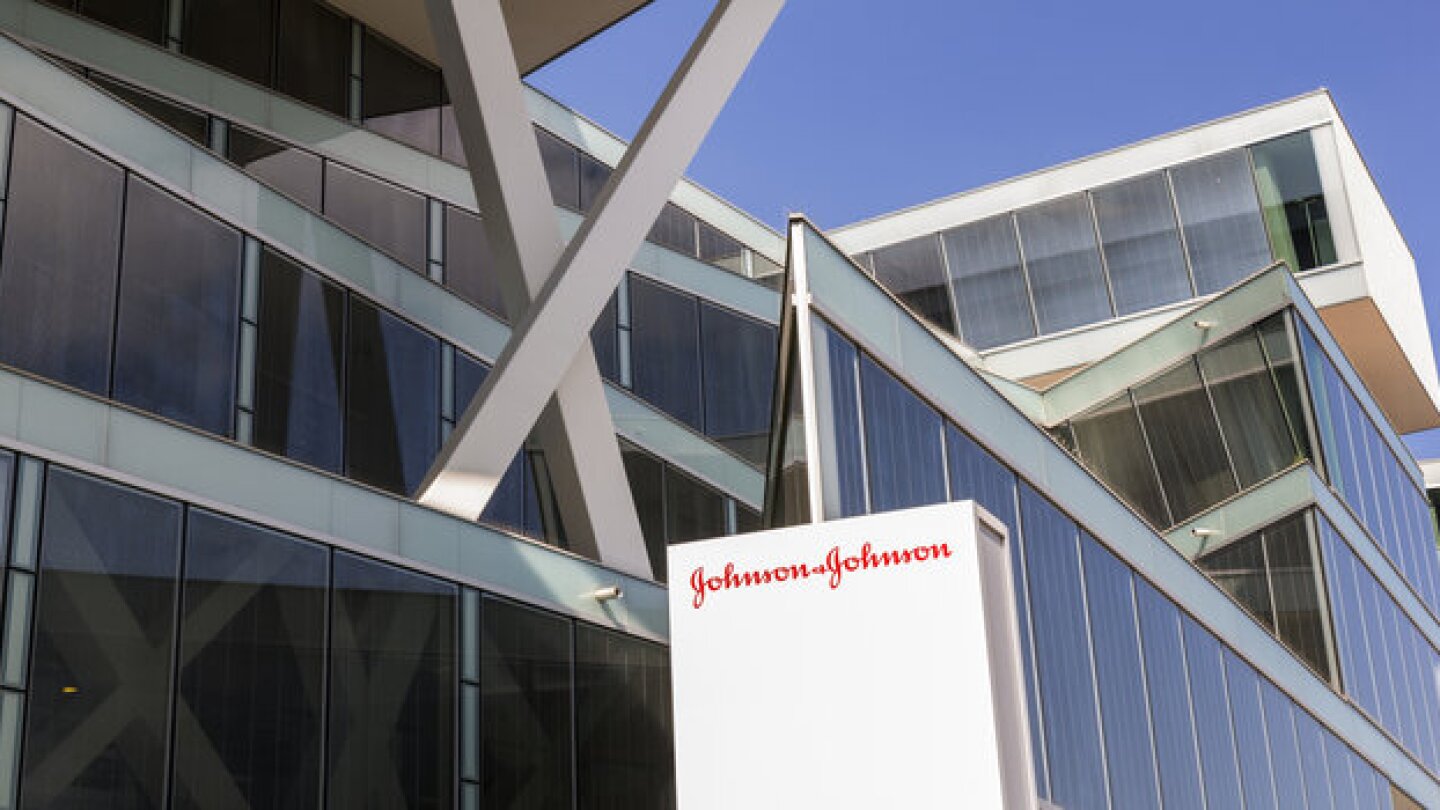Non-profit
A handful of billion-dollar deals in the rare disease space highlights the uptick in Big Pharma’s investment, but it’s still extremely low compared to the money flowing to more common indications.
While more programs now involve candidates with different targets, experts say anti-amyloid therapies will remain a primary player in treating the memory-robbing disease.
Launched in 2021, the public-private consortium on Wednesday updated ASGCT attendees on its efforts to bring adeno-associated virus gene therapies to more rare disease patients.
Experts are hopeful that objective biomarker measures for amyotrophic lateral sclerosis, such as the ones being developed by EverythingALS, will lead to more targeted, effective treatments.
Despite recent investment and breakthroughs for rare diseases such as Friedreich’s ataxia and progeria, experts say helping patients with rare diseases will require cross-sector support.
Patient advocacy groups aided in the development of the very first marketed drugs for certain rare diseases, including progeria and Friedreich’s ataxia.
No longer on the periphery of the life sciences market, nonprofit groups are bridging the gaps in drug discovery and development.
Also called an umbrella or basket trial, the master trial allows for a more targeted approach to cancer treatment, faster patient enrollment and the flexibility to pivot.
Social media campaigns may have been one factor that prompted Johnson & Johnson and Danaher to make a TB treatment and a test more accessible in low- and middle-income countries.
With its primary patent expiring in India this week, MSF has urged Johnson & Johnson to drop all secondary protections and withdraw pending applications for the drug-resistant tuberculosis drug.
PRESS RELEASES










